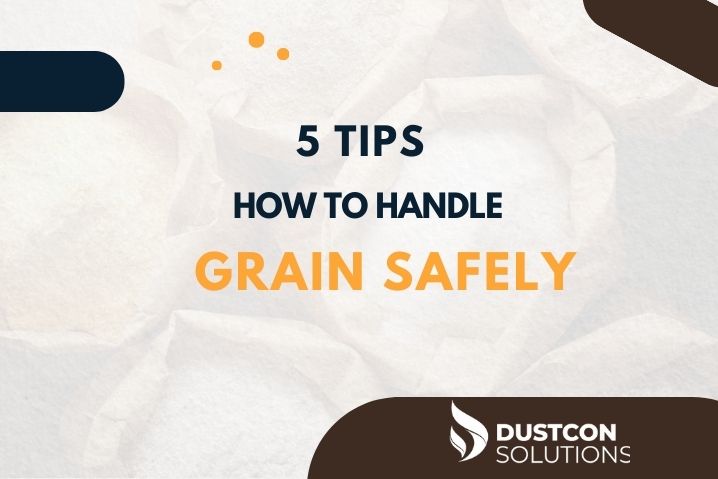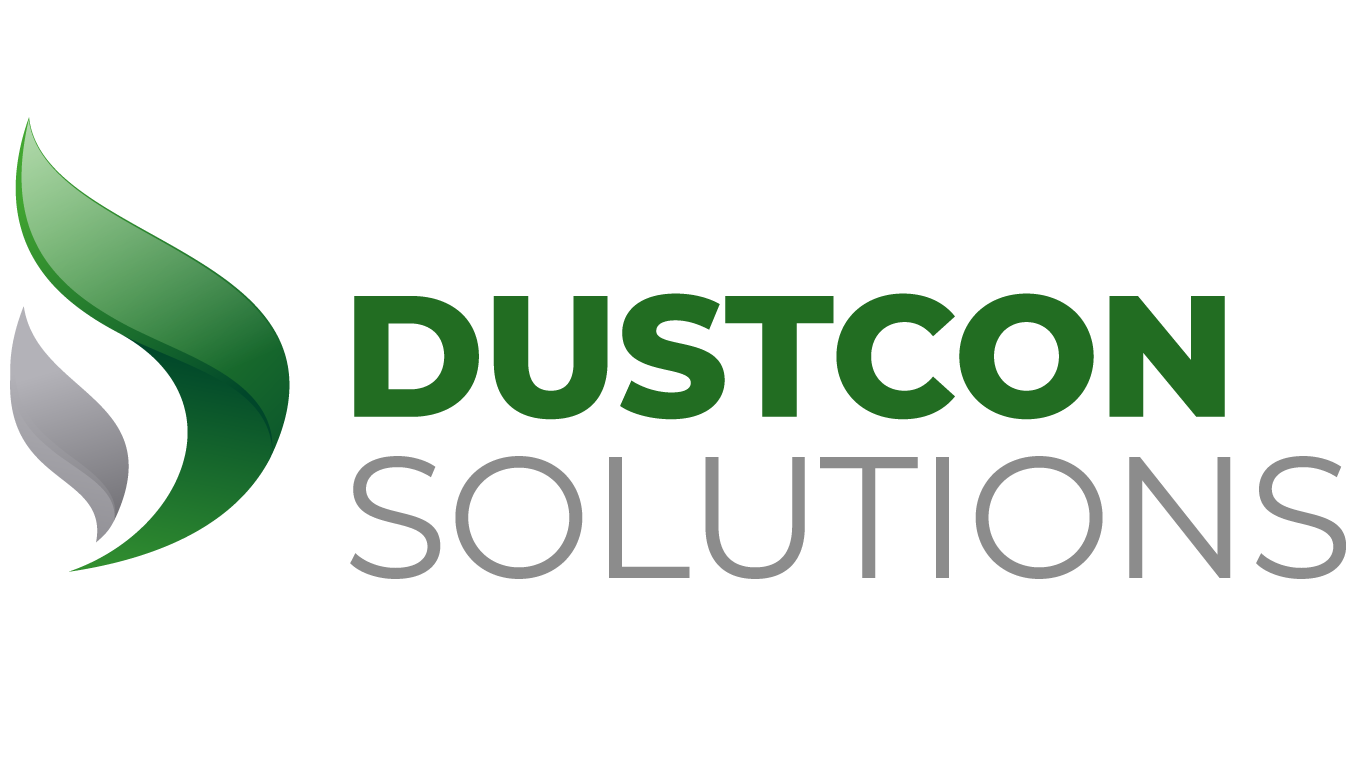

Working toward Knowledge, Skills, and Abilities Surrounding Process Safety
In any organization, it is imperative to possess appropriate skills, experience, and knowledge to ensure robust process safety. The staff of an organization is primarily responsible to ensure that the rudimentary aspects of process safety do not get overlooked. What is the best way to ensure that your organization possesses the skills and knowledge required? Who are the designated people who must possess this knowledge and what does the knowledge entail? Despite the challenging nature of these questions, they can be answered quite easily with the structured approaches that are available.
This article will address one such approach that helps ensure that an organization’s skills and knowledge are adequate and the methods employed to evaluate this. This way, if required, supportive action can be undertaken. This process is known as safety assurance assessment and it transcends identifying individual deficiencies or errors. Instead, it works to make sure that no operational omissions or gaps exist. If such omissions do exist, they also offer requisite assistance.
THE NEED OF THE HOUR
In industrial facilities, the importance of process safety cannot be overstated. It helps ensure that explosions, fires, and unplanned chemical releases do not occur. In order to ensure that operating processes as well as systems dealing with hazardous materials maintain integrity, there is a need to employ a disciplined framework for process safety. This must adhere to effective design principles as well as robust practices underlying operations, maintenance, and engineering.
In particular, the implementation of best practices, frameworks, and guidelines is also covered by it. Regardless, in order to ensure that the systems put in place to deal with risks underlying process safety operate effectively and are maintained regularly, the proper functioning of the associated staff is of immense importance. We believe that an organization must possess specific skills, abilities, and knowledge to attain robust process safety measures. It is necessary that the people at various levels of an organization remain abreast of these capabilities. This includes board members, supervisors, managers, and operational staff.
If you own an industrial facility or function as its safety director, you are aware of the importance of the collaborative efforts of various individuals to ensure the proper implementation of process safety in your organization. What steps can you take to ensure that in terms of process safety, how can you ensure that you possess the required skills, knowledge, and experience? What steps can you take to make sure that there are no gaps pertaining to knowledge, skills, and operations? It is possible to answer these questions by seeking the assistance of expert assessors to conduct an independent analysis evaluating the application of process safety. These assessors are acquainted with the skills, experience, capabilities, and knowledge required to ensure proper process safety.
HOW SHOULD PROCESS SAFETY BE CONTROLLED?
We believe that all levels of an organization must be well-acquainted with process safety. It is not necessary for every individual to be an expert in this area. Instead, a rudimentary understanding of this topic can prove to be extremely advantageous. If you familiarize all levels of your organization with the importance of process safety, you can develop the right organizational culture, which is highly vigilant and cautious.
Needless to say, each individual’s understanding and awareness of process safety may vary based on their specific job role. Although it is necessary to hire proper process safety staff, there are several other steps that must be undertaken. In fact, merely undertaking this one step is not sufficient to ensure your facility’s safety. There are many aspects underlying process safety and one person cannot possess all the required skills or knowledge. When it comes to making a facility safe, safety staff are only one aspect. Across the organization, a degree of assurance is required across various levels.
The various job functions coupled with the skills and awareness required of them are listed below. It is certainly interesting to note that the list begins with the executive board.
- It is necessary that the executive board comprehensively understands important aspects, such as the probability of incidents and their repercussions, the level of preparedness to tackle emergencies, primary legislative responsibilities, as well as the impact of their culture on safety-based behavior.
- Safety-based knowledge regarding codes, standards, designs, processes, contractor management, operations, and more must be possessed by the engineering staff.
- A comprehensive understanding of process safety is a prerequisite for operating staff to perform their tasks efficiently and effectively. This includes how incident reporting is handled, emergency procedures are implemented, operations are employed, hazards are identified, and awareness is spread.
- Having staff who understand the importance of process safety in support functions, such as finance and HR, is beneficial to an organization’s ability to manage change and report incidents more effectively.
- In practice, process safety is influenced by various staff functions, and the knowledge, capabilities, and experiences required by them may vary.
- In the recent past, studies have quantifiably determined the type of knowledge, skills, and experience required to handle various job functions. In addition, industrial facilities can benefit from organizational evaluation programs.
APPROACHING ASSURANCE METHODICALLY
The first step to methodically assess process safety assurance involves the job mapping of various generic job functions, wherein it is easy to access the requisite experience, skills, and knowledge. Under the guidance of an expert assessor, process safety staff as well as other employees conduct this process. In a few cases, missing job functions are identified almost immediately with the help of this step.
Next, the key personnel that the job mapping has identified will be employed in this step. They will be directed to fill up several self-assessment forms that seek their input on their experience levels across various areas.
In the next stage, several meetings are conducted to assess the various roles under process safety roles identified via one-to-one discussions. This way, the areas with potential gaps can be discussed elaborately and programs can be created to tackle them.
These discussions with relevant individuals can help determine the strengths as well as possible gaps in the system. This can help determine whether the various skill areas that an organization requires to operate a facility in a safe manner are fulfilled. In addition to unallocated responsibilities, the goal is also to assess the levels of knowledge, skills, as well as experience.
DOES YOUR ORGANIZATION NEED A PROCESS SAFETY ASSURANCE ASSESSMENT?
In small companies, the required skills, knowledge, and experience must be spread across fewer people and they are often asked to don several hats. There is a greater scope for gaps to exist and it is very important to identify them. It is also necessary to manage these skills, experience, and knowledge seamlessly, since turnover and recruitment are an unavoidable part of operating a facility and in such circumstances, gaps should not emerge.
In big companies, the primary challenge involved is staying abreast of the happenings in facilities that are not proximal. Sometimes, they may be present across continents. In such cases, the standards and regulations concerning process safety may be unique. Corporate executives are often reassured when a process safety assurance assessment is conducted, which also informs them of the ways in which process safety can be enhanced or risks can be mitigated.
HOW TO LEVERAGE THE OUTCOMES?
Once a safety assurance assessment is conducted, the results can be used to create strategies to fill up any existing gaps. Process safety excellence can be achieved by following this roadmap.
On a fundamental level, gaps can often be filled with the help of training. There are several other strategies, such as collaborating with other facilities where there are no existing gaps or adhering to best practices in your industry. Mentorship or staff participation in process safety audits or meetings may also be employed.


Working toward Knowledge, Skills, and Abilities Surrounding Process Safety
In any organization, it is imperative to possess appropriate skills, experience, and knowledge to en


How to handle grain safely: 5 tips
https://youtu.be/GzHR7OptvoU?si=wIDmXd60t8jUakVh You can lose your sense of control in flowing grain





